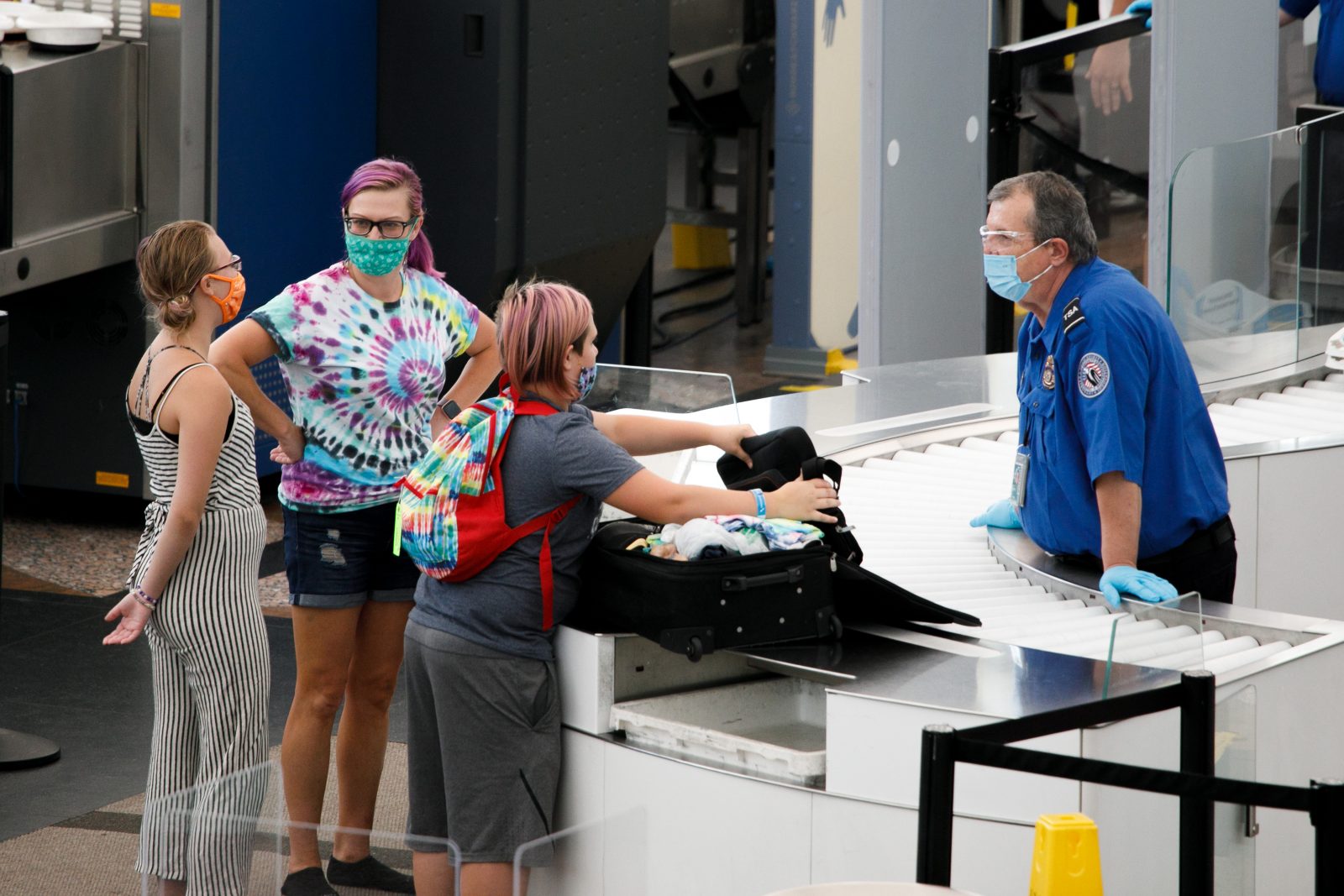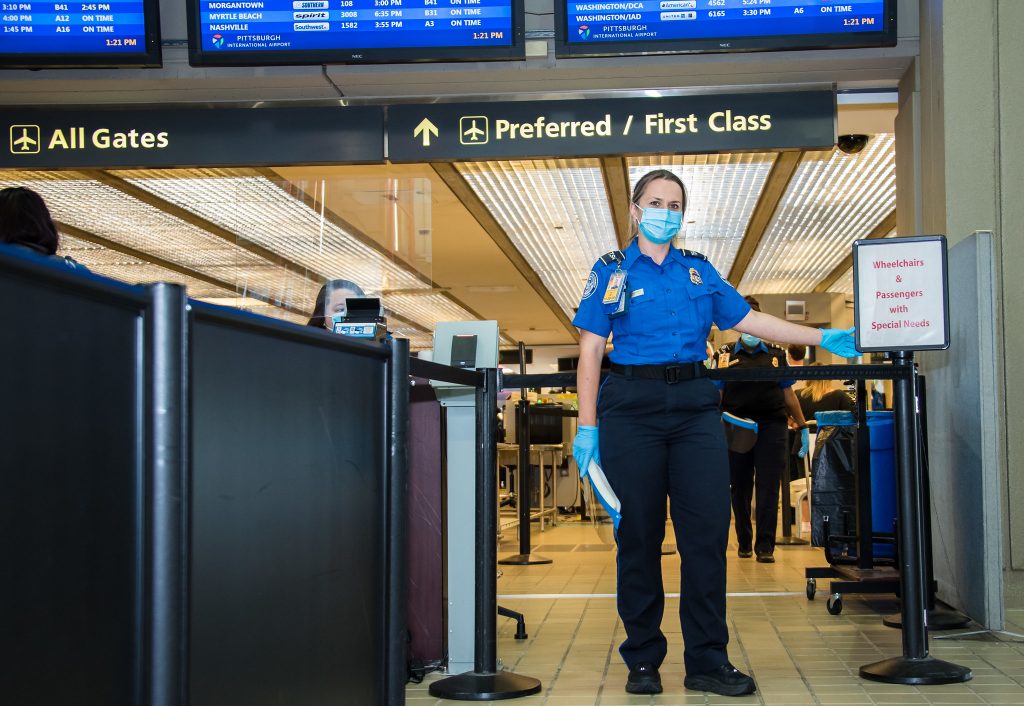
The Transporation Security Administration (TSA) has warned that the United States is still “years away” from abandoning the 3-1-1 airport security rule that limits the amount of liquids passengers are allowed to take through security checkpoints.
The TSA warning came just a day after UK officials announced plans to lift the onerous airport liquids ban at British airports by 2024. Britain’s Department for Transport (DfT) claims the relaxation is possible with the introduction of next-generation security screening equipment.

The same equipment – known as Computed Tomography (CT) x-ray systems are already in use at nearly 200 airports across the United States, but unlike its peers across The Pond, the TSA fears a full rollout of the machines could be years away.
Earlier this year, the TSA announced plans to spend $781.2 million on CT machines made by Analogic, providing 469 base and 469 full-size systems to airports across the country. The mammoth order was on top of a 2021 $200 million bill for 300 mid-sized units.
CT scanners differ from traditional x-ray machines because they are able to create 3-D images of carry-on items and then use sophisticated algorithms to detect weapons, explosives and other prohibited items.
At airports already using the scanners, the TSA no longer requires passengers to remove liquids or large electronic items from their bags but passengers must still comply with the 3-1-1 (only 3.4-ounce or smaller sized containers are allowed in a single 1 quart-sized resealable bag per passenger.)
Despite hundreds of CT scanners set to be deployed within the next few years, it could still be a number of years before a full rollout at U.S. airports.
With fewer airports to equip, however, the British government has decided it can get its hands on enough CT scanners within the next two years to completely replace all older machines in operation. At that point, a new uniform security policy can be applied.
The DfT won’t completely lift liquids restrictions but will allow passengers to take up to two litres of liquids with them in their hand luggage. Passengers will not have to remove their liquids or large electronic items from their bags under the policy, which is being hailed as the “biggest shake-up of airport security rules in decades”.
The UK was the first country in the world to restrict liquids in hand luggage after British and American security services foiled a terrorist plot to blow up planes using liquid explosives hidden in soft drink bottles in 2006.
The existing rules have remained largely the same since they were introduced 16 years ago, although a few countries have either relaxed or completely lifted restrictions with the advent of new screening technology.
“The introduction of new screening technologies continues to play a significant role in the evolution of aviation security,” a TSA spokesperson told online publication Semafor but warned:
“While we have [CT scanners] deployed at more checkpoints, we are years away from announcing a change to the current liquids rule.”
Related
Mateusz Maszczynski honed his skills as an international flight attendant at the most prominent airline in the Middle East and has been flying ever since... most recently for a well known European airline. Matt is passionate about the aviation industry and has become an expert in passenger experience and human-centric stories. Always keeping an ear close to the ground, Matt's industry insights, analysis and news coverage is frequently relied upon by some of the biggest names in journalism.







